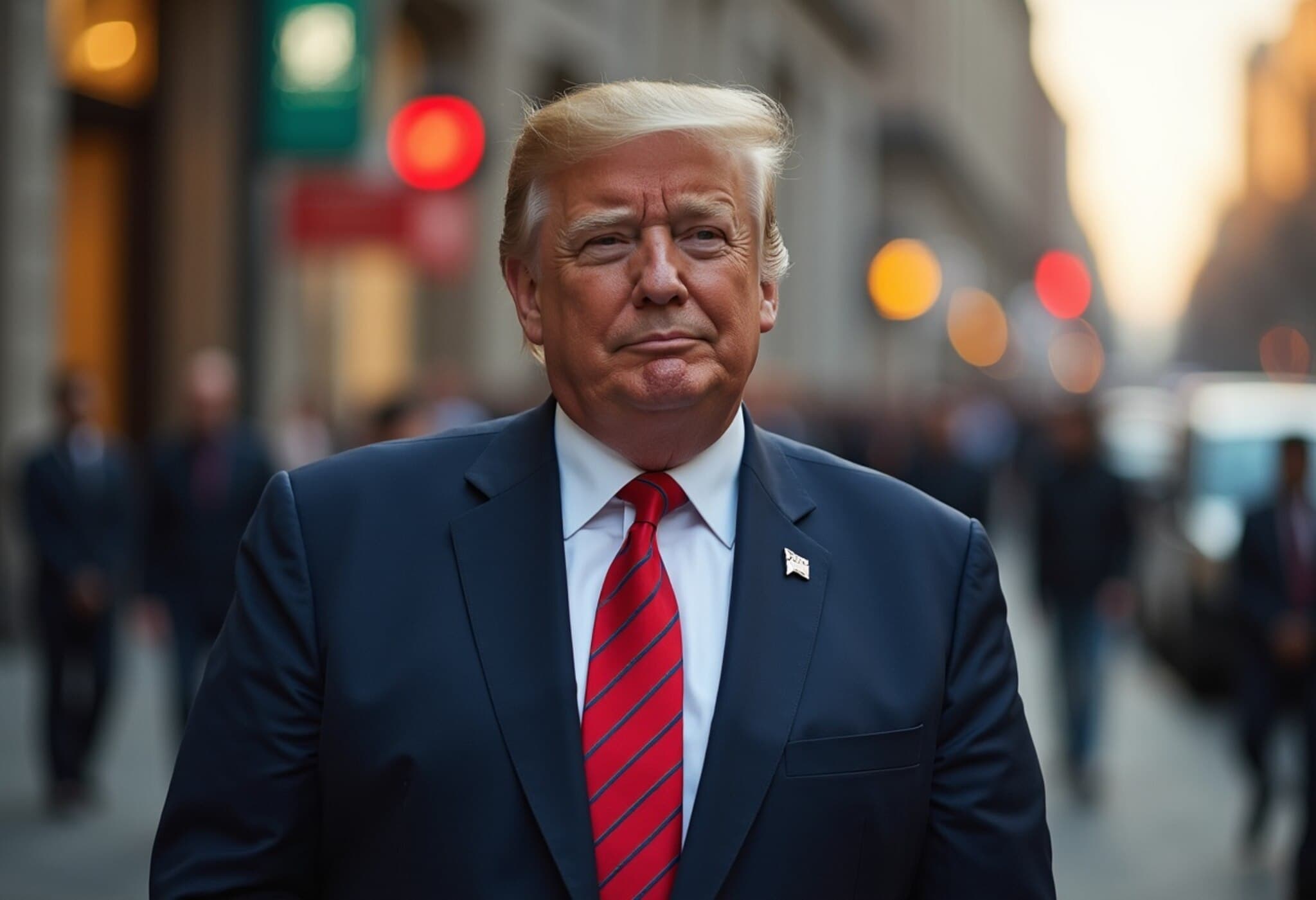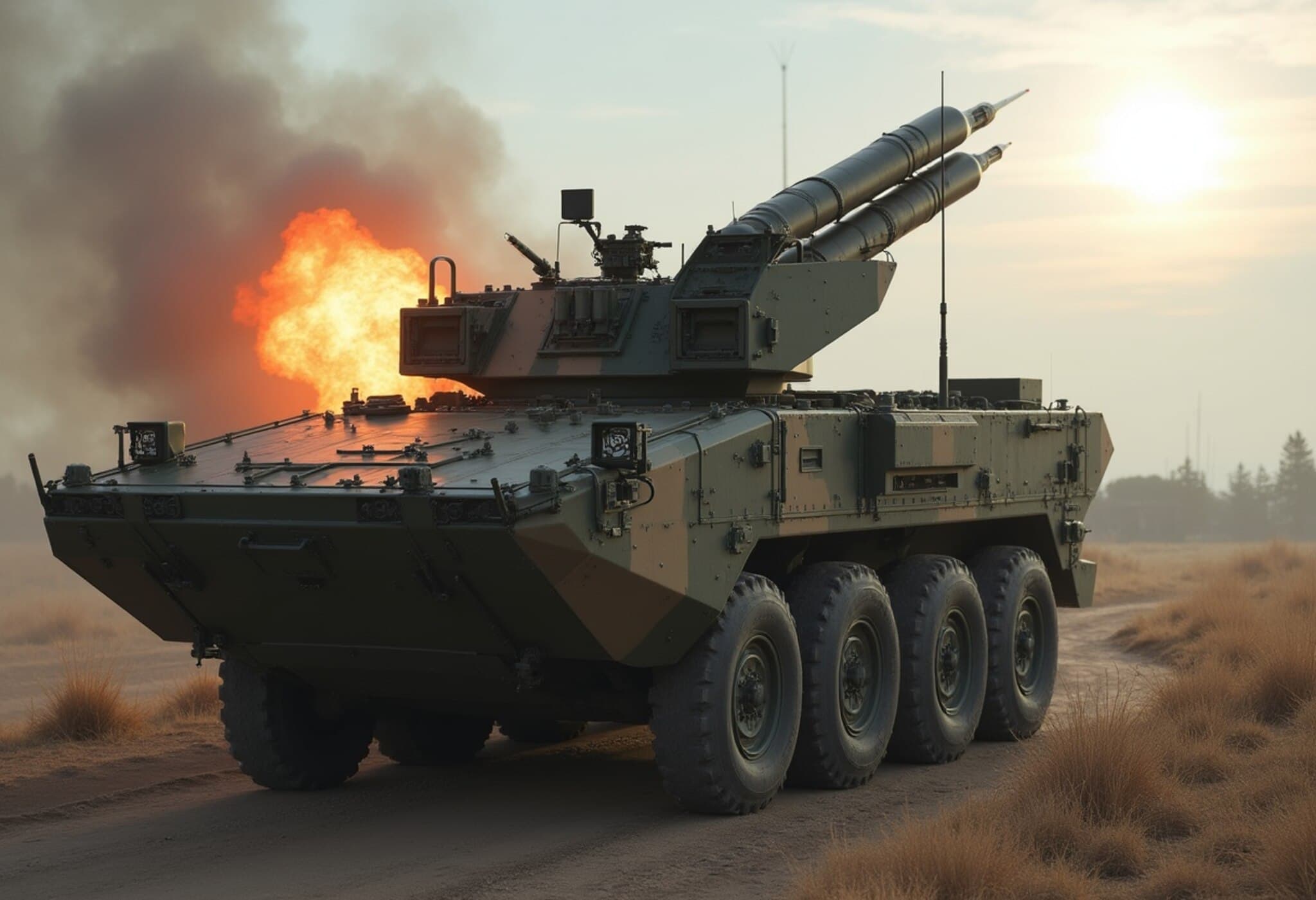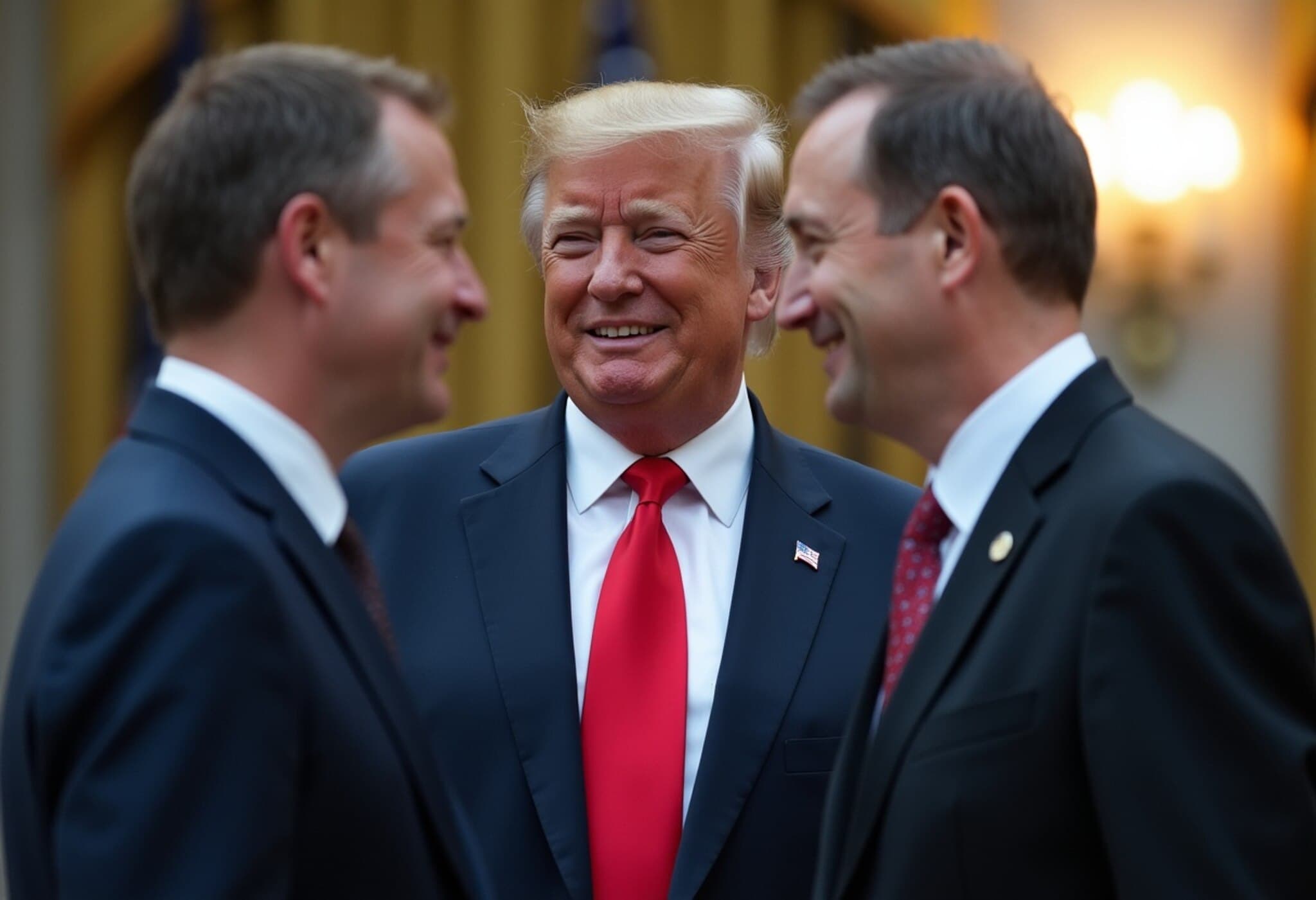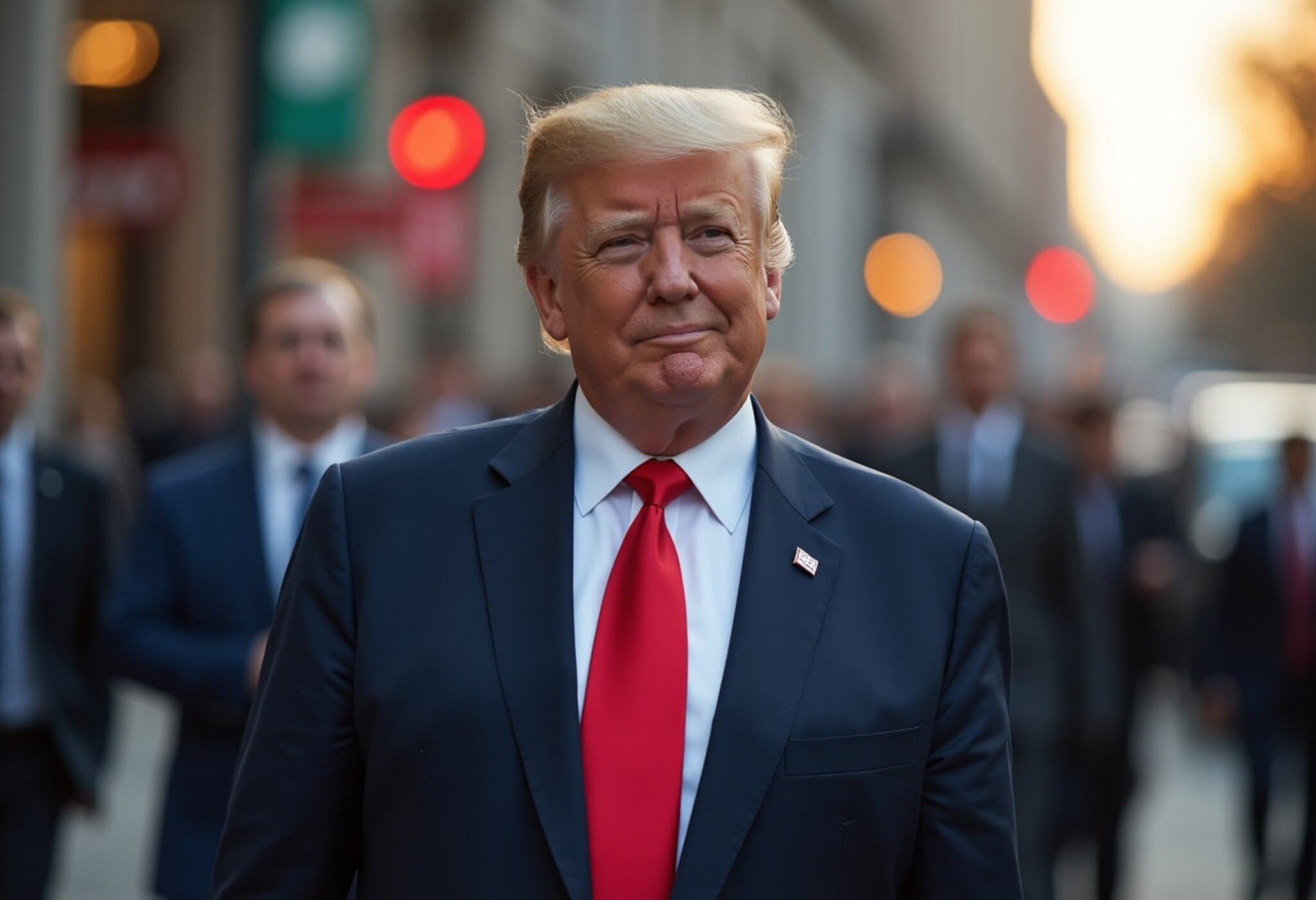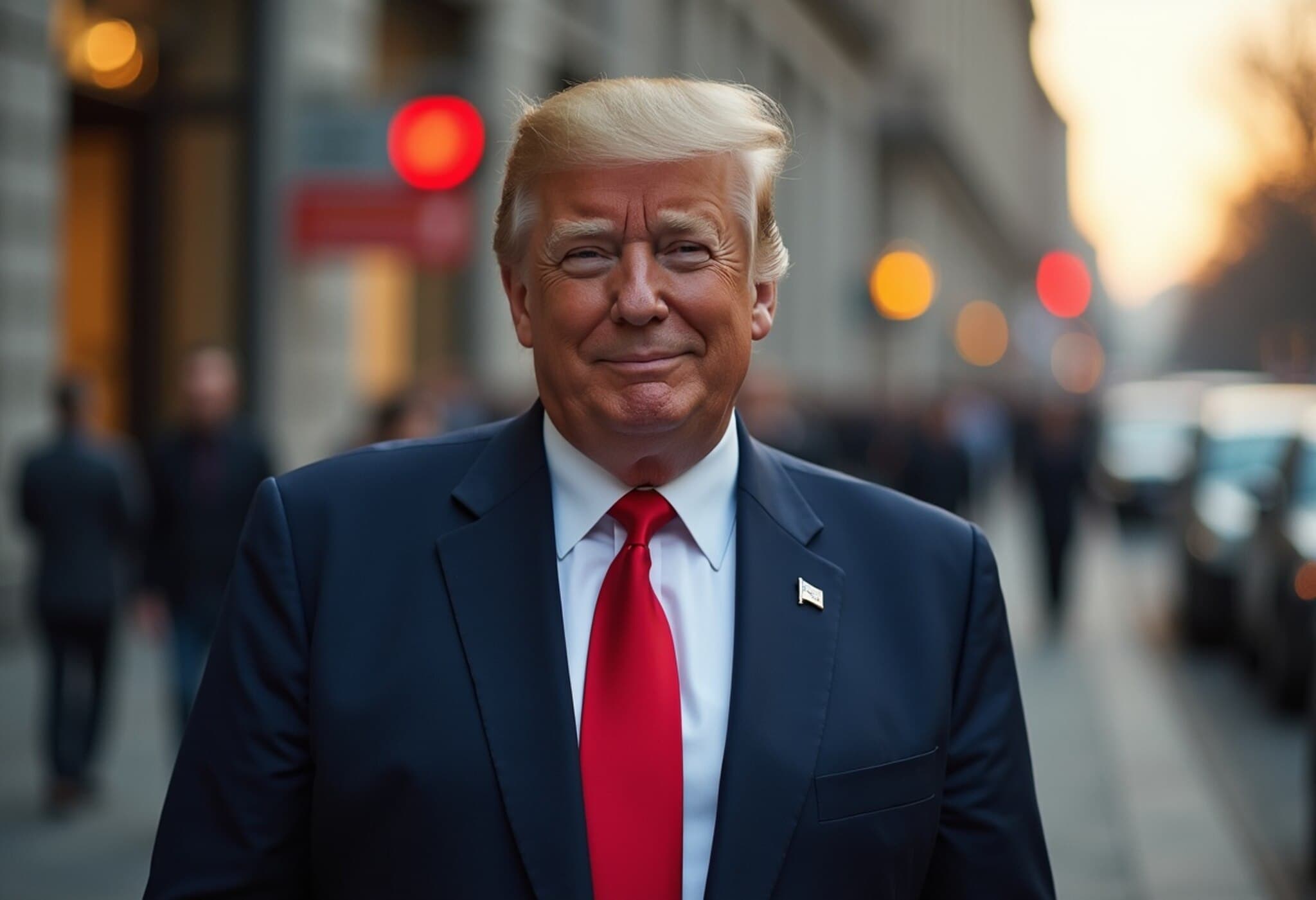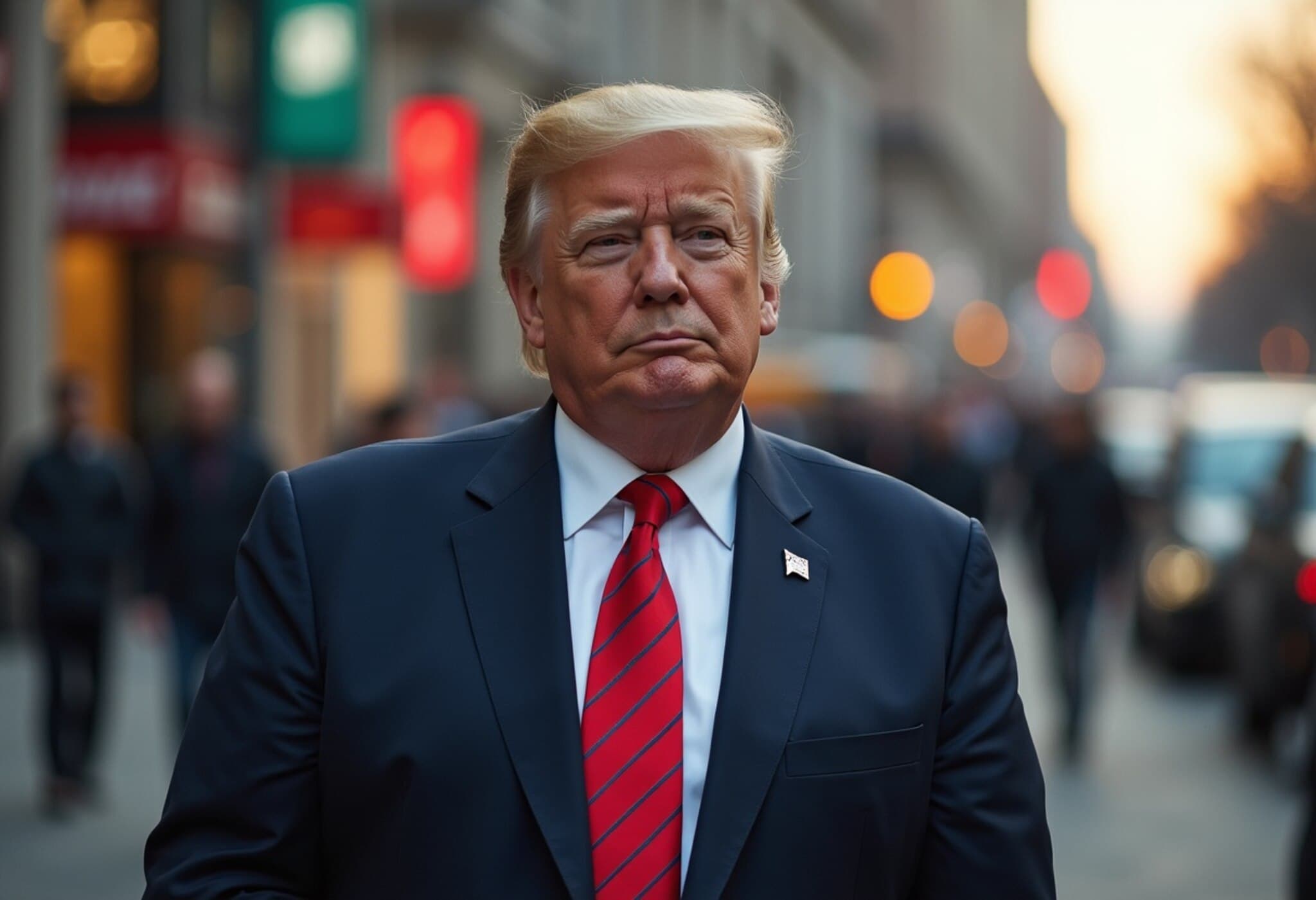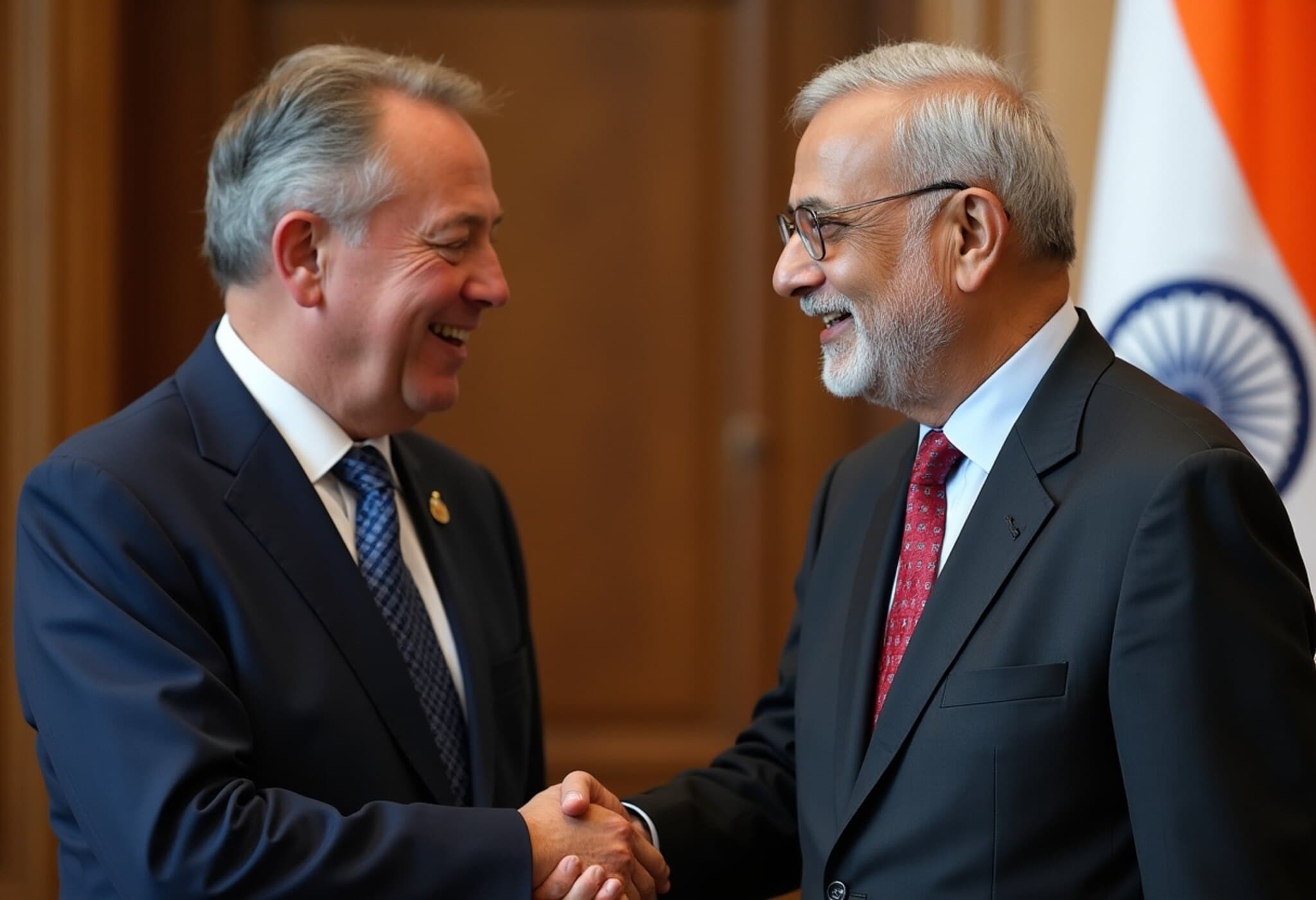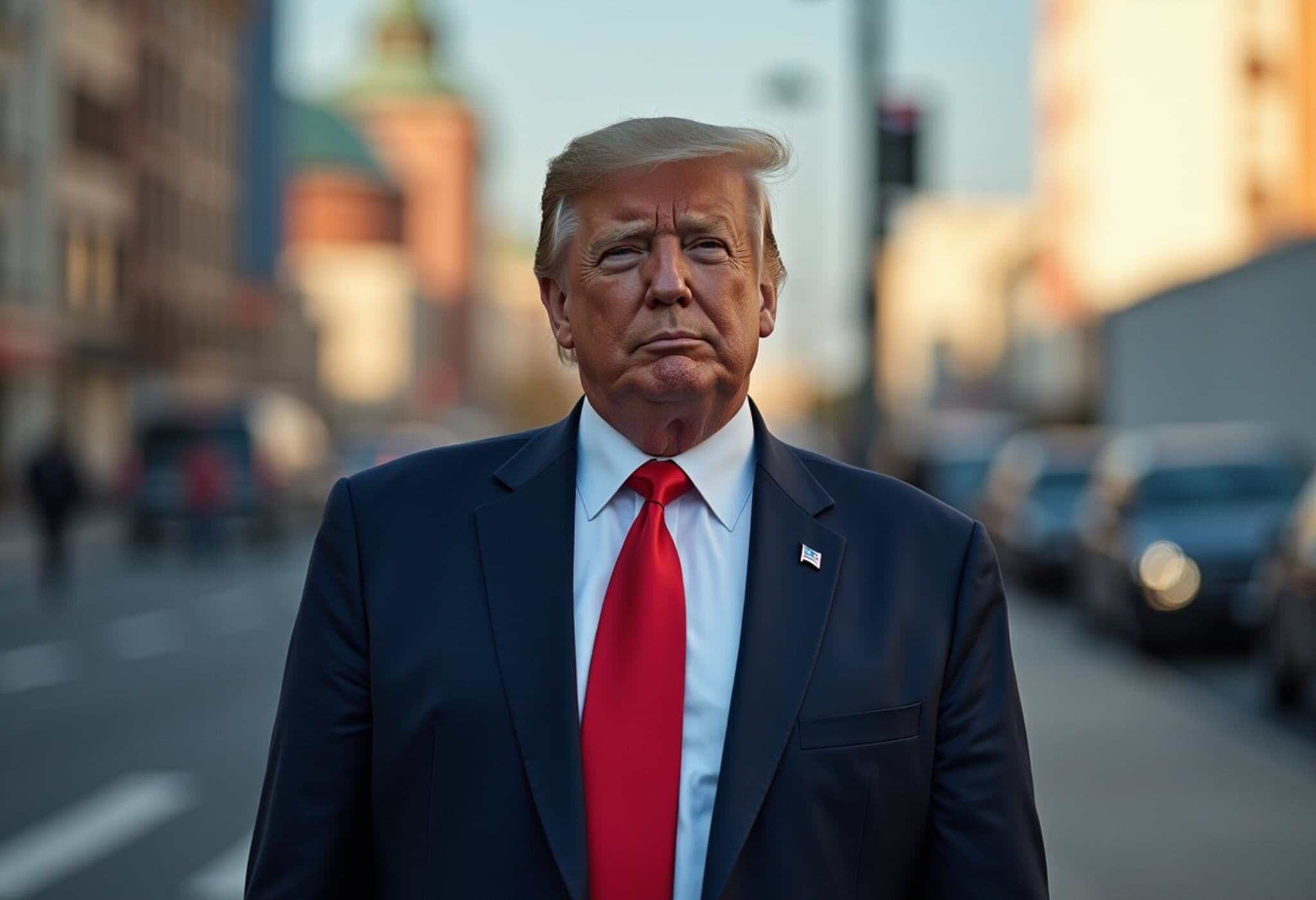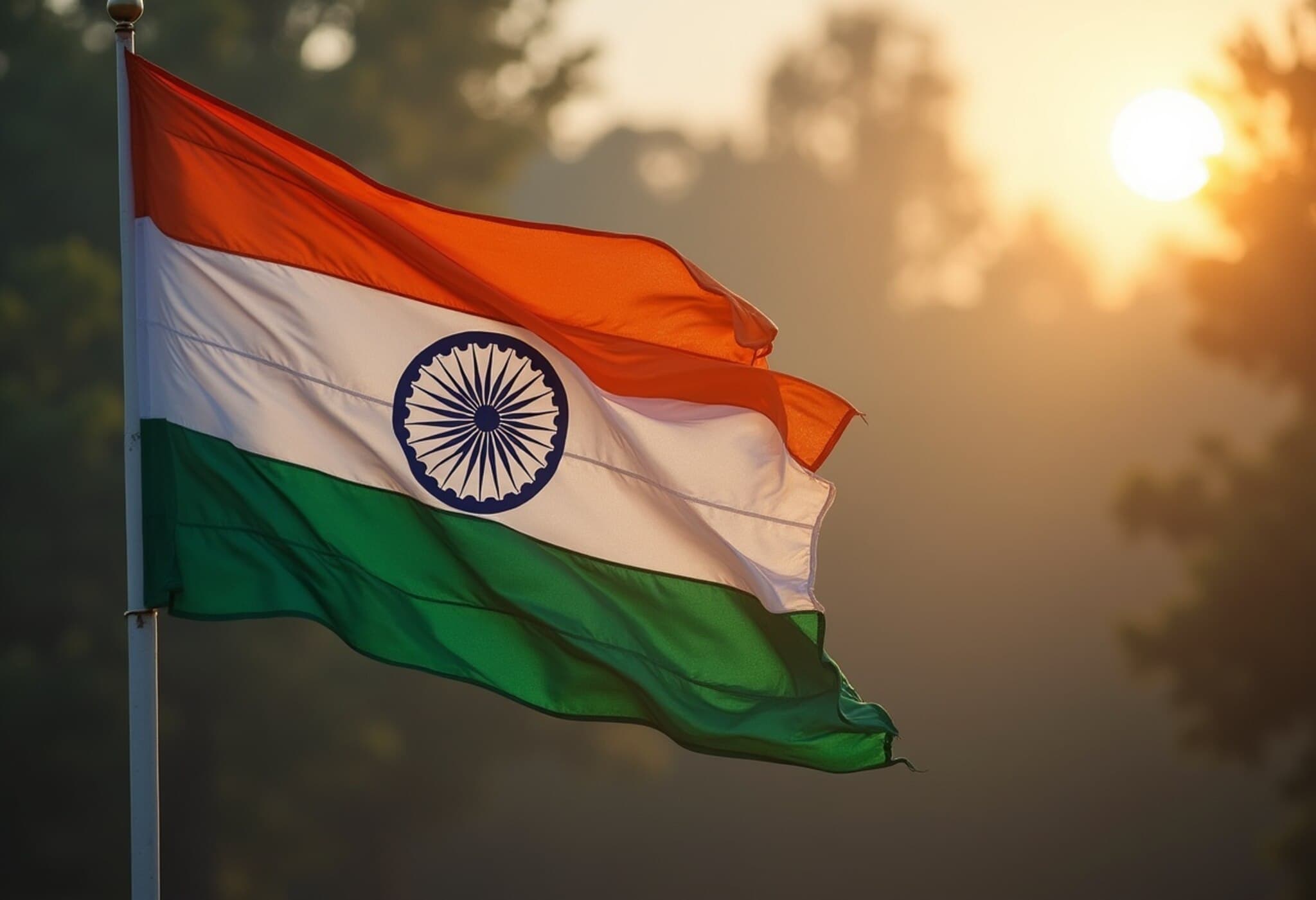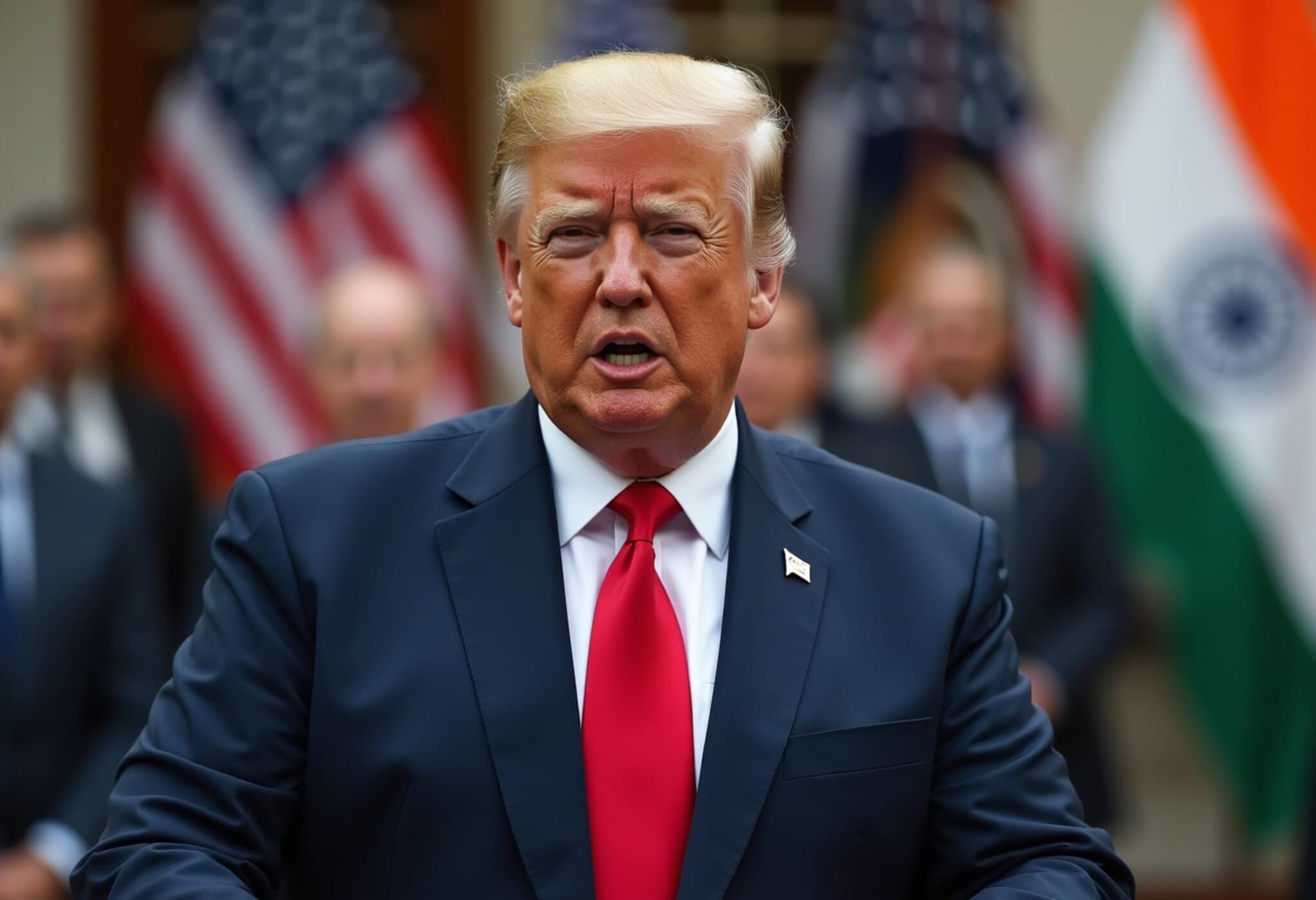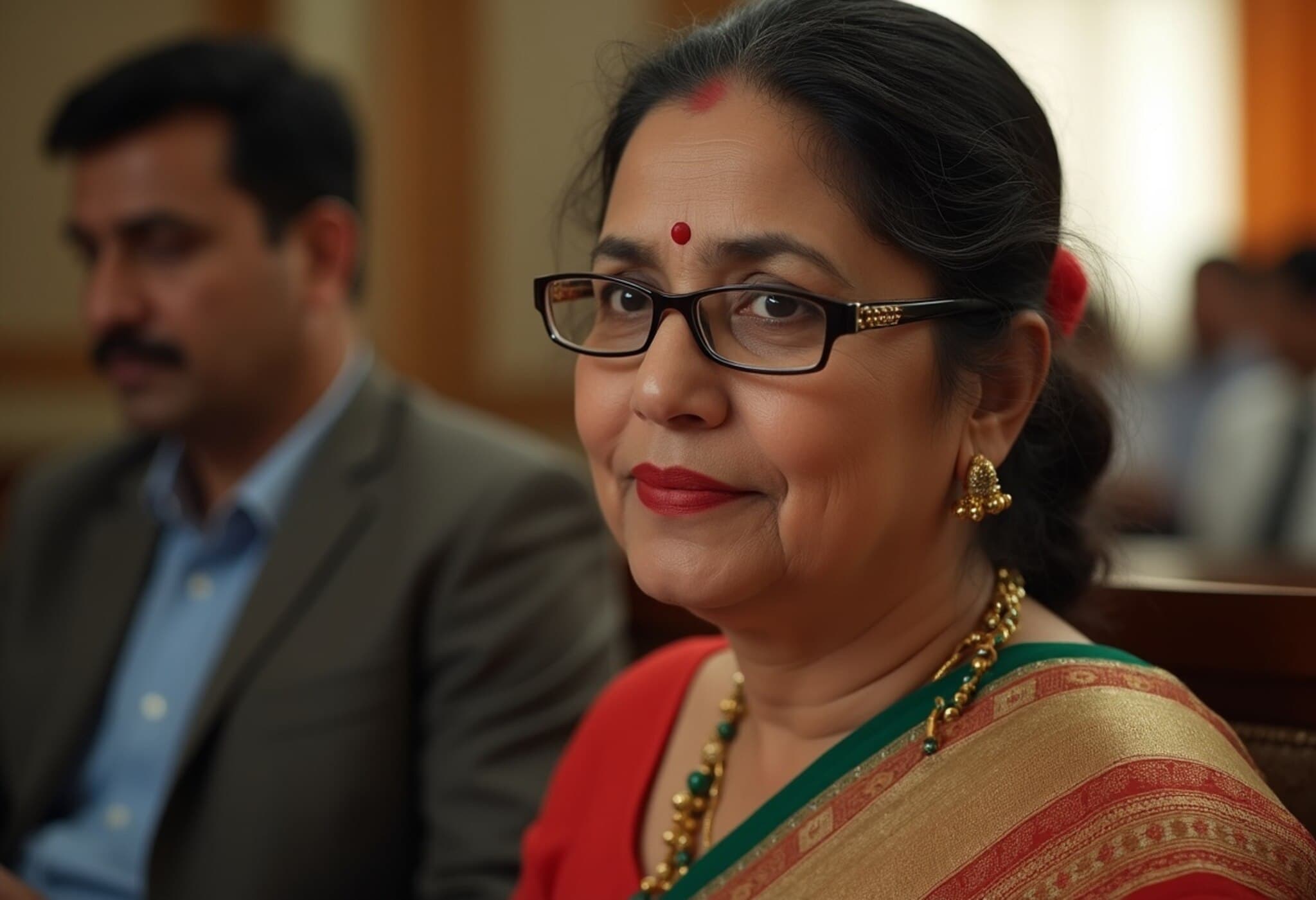Former US Envoy’s Comments Resurface Amid Trump’s Criticism of India
A recently resurfaced video featuring former US Ambassador to India Eric Garcetti admitting that the United States encouraged India to purchase Russian oil has reignited debate over Washington’s evolving stance on energy geopolitics. This comes as President Donald Trump issues threats of imposing tariffs on India for continuing to import Russian crude oil amid the ongoing Ukraine conflict.
Contradictions in US Policy: From Encouragement to Censure
In the viral clip spreading across social media platforms, Garcetti openly states that the US supported India’s acquisition of Russian oil as a strategic move to stabilize global oil prices. This acknowledgment highlights the complexities and apparent contradictions in Washington’s approach, which now stands at odds with Trump’s recent aggressive rhetoric accusing India of "war profiteering" by financing Russia’s military operations.
Historical Context and Prior US Statements
- In 2022, then-Treasury Secretary Janet Yellen reinforced India’s freedom to buy Russian oil, even beyond Western price caps, provided Western services weren’t used.
- In early 2024, US Assistant Secretary of State Geoffrey Pyatt publicly acknowledged India’s role in stabilizing global energy markets through its imports of Russian oil.
These official statements underscore an inconsistent US foreign policy narrative, creating uncertainty in international diplomacy and energy markets.
India’s Energy Strategy: Sovereignty and Economics Over Politics
Facing mounting pressure from the US, India has firmly defended its energy imports as a matter governed by national interest, market dynamics, and affordability. New Delhi has dismissed accusations of profiting from conflict as "hypocritical," clarifying that its decisions prioritize the welfare of its people and the stability of its economy.
As the world’s third-largest oil importer, India’s choices carry substantial global implications. Analysts note that India’s continued engagement with Russian crude reflects pragmatic realities, including competitive pricing and diversified energy sourcing, rather than ideological alignment.
Expert Insight: The Geopolitical Chessboard of Energy
Energy experts highlight that Washington’s shifting posture risks alienating a key strategic partner in Asia. The US push for punitive tariffs may inadvertently strain diplomatic ties at a time when cooperation on security and economic fronts is crucial—especially against the backdrop of increasing global energy volatility.
Moreover, India’s stance reaffirms a broader trend among emerging economies balancing geopolitical pressures against pressing developmental and energy security needs.
Public and Social Media Reactions
Social media users and commentators have fastened on Garcetti’s footage as evidence of Washington’s double standards. One Twitter user, Jai Gohil, noted, "When nothing else works, just blame India?" capturing growing frustration over what many perceive as the US shifting goalposts post facto.
Looking Ahead: Diplomatic Challenges and Energy Security
As the US contemplates tariffs and other punitive measures, key questions arise:
- How will India navigate its energy diplomacy without compromising its strategic autonomy?
- Can US-India relations withstand this renewed friction over energy policy?
- What precedents does this set for global energy market governance amid geopolitical conflicts?
The evolving dynamic underscores the delicate interplay between national interest, global power politics, and the urgent imperatives of energy security.
Editor’s Note
This episode reveals a critical tension within US foreign policy and its broader global strategy. While energy markets are inherently complex and multifaceted, policy coherence and transparent diplomacy remain essential to maintaining trust among international allies. India’s firm response spotlights the challenges countries face in balancing economic survival with geopolitical expectations—a reality increasingly relevant in today’s fractured global order.
As readers, we are left pondering: To what extent should economic pragmatism influence foreign policy, and how can global powers reconcile their strategic interests without alienating pivotal partners?

